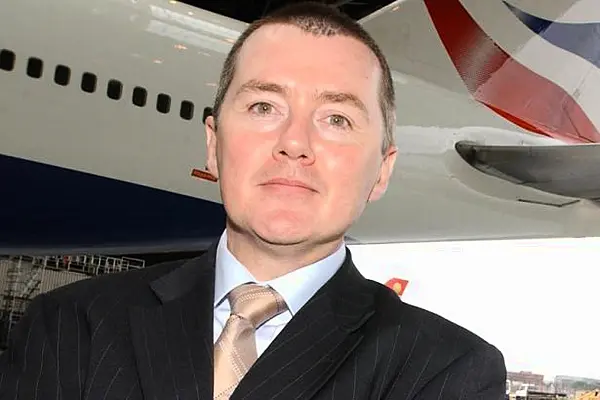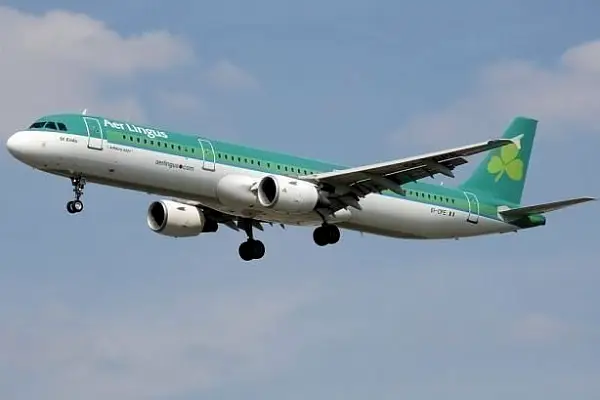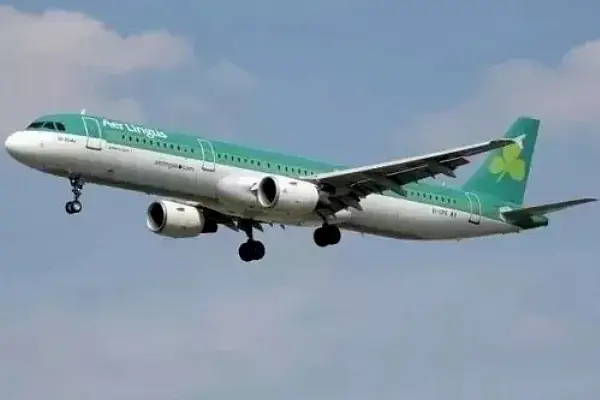British Airways owner IAG pared its long-term earnings outlook and reined in its capacity and spending plans as sluggish demand and a slide in the value of sterling following the Brexit vote hurts revenues.
Earnings before interest, tax, depreciation, amortization and aircraft rental will now average €5.3 billion over the 2016 to 2020 period, down from the €5.6 billion estimated previously, London-based IAG said in a statement Friday.
The company, which also owns Irish carrier Aer Lingus and Iberia and Vueling of Spain, said capacity will now grow by 3 percent a year over the period, compared with 3 to 4 percent under prior plans. Capital spending will average €1.7 billion, versus prior guidance for a figure below €2.5 billion.
The revision comes after IAG said on Oct. 28 it anticipated an operating profit of about €2.5 billion for 2016, up about 7 percent from 2015’s €2.34 billion, having previously forecast low double-digit growth. The downgrade was the second since the UK voted to quit the European Union on June 23.
IAG fell as much as 1.7 percent and was trading 0.8 percent lower at 447 pence as of 8:04 a.m. in London. The stock gained 2.1 percent yesterday after judges ruled that a parliamentary vote is required before Britain gives notice that it is leaving the bloc, though it remains down 26 percent for the year.
IAG reports in euros but generates most of its sales in sterling, which has declined 14 percent against the single currency since the referendum. Chief Executive Officer Willie Walsh said last week that he’d detail plans for “a very significant improvement” in unit costs at British Airways at an investor meeting today.
The group reiterated targets for an average annual operating margin of between 12 and 15 percent through 2020, growth in earnings per share above 12 percent, free-cash flow of 1.5 billion to 2.5 billion euros and a 15 percent return on capital.
The statement added: “IAG has a strong balance sheet and has no need for further deleveraging.”









